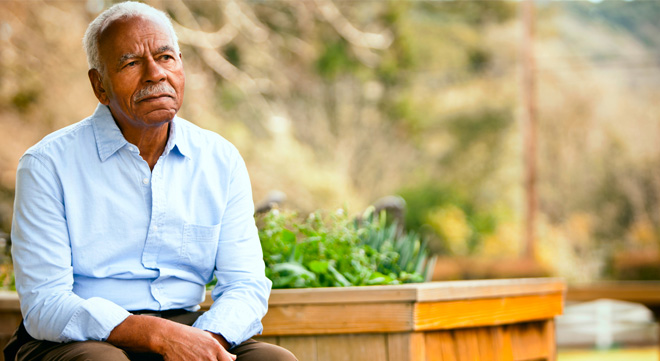Forget about Black Friday. “Tax Thursday”, which falls on 29 February this year, is where consumers will find the best deal and value for money, says Pieter Albertyn, head of product solutions at Momentum Investo.
Albertyn says individuals can contribute extra money to their retirement annuity (RA) fund at any time during the year. But Thursday, 29 February, is the cut-off date to make sure they can get as much money back from the taxman as they can before the current tax year ends.
“The real value they will earn for themselves in this way is incomparable,” he says.
The limits on retirement savings and which transactions are allowed are governed by legislation. There is no limit on how much South Africans can contribute towards their retirement savings annually. But tax relief is set at a maximum rate of 27.5% of taxable income, subject to a cap of R350 000, a year.
Robyn Laubscher, advice and product specialist at PSG Wealth, says this means that individuals who make regular monetary contributions to their retirement savings can benefit greatly from tax relief, because these contributions reduce their taxable income.
Taxable income includes income or remuneration and capital gains from investments. To calculate your taxable income, you will need to account for income such as your salary, bonuses, commission, rental income, interest income, and foreign dividends, Laubscher says.
For example, if you earn R650 000 a year as taxable income, the maximum tax-deductible contribution you can make towards your retirement savings fund is R178 750 (27.5%). Therefore, at the end of the tax year, assuming you made the maximum contribution, your tax liability would be calculated on R471 250 (R650 000 – 27.5%).
Laubscher says, depending on the rate of tax that applies to each person’s relevant tax bracket, reducing taxable income by 27.5% could make a significant difference in terms of tax savings annually and in the long run.
The higher your tax bracket, the bigger the rebate
Albertyn adds that the rebate gets bigger the higher your tax bracket.
“For instance, if you earn R30 000 a month, it means you usually pay tax of 31% of your income. For your retirement investment, this means that you will get back 31% or R310 of every R1 000 you invest. This implies that your investment of R1 000 is costing you only R690 – you’re getting more than a third ‘for free’. You get your tax rebate when you submit your tax return,” he says.
If you reinvest this tax rebate into your retirement product the next year, you can get an even bigger tax rebate during the next 12 months.
“There is a limit to how big your tax rebate can get, but this only kicks in for people at a very high income level,” Albertyn says.
The growth on a retirement investment is also tax-free, which means you’ll only start paying tax on your income from your investment when you retire.
He says chances are that you may also be in a lower tax bracket by then.
Two-pot retirement system
Up to now, an RA has often been called an inflexible investment because you can’t access any money until you turn 55.
“Some people like this kind of ‘forced discipline’ of not being able to access their investment. For others, the new two-pot retirement system will offer some relief in emergencies,” Albertyn.
In a nutshell, the two-pot retirement system will allow you to take one-third of your retirement savings in cash before you retire. This change means you will be able to access part of your funds without leaving your job or resigning from your fund. While the system aims to preserve most savings until retirement, the question arises whether allowing annual withdrawals contradicts this goal.
In the meantime, says Laubscher, RAs are great investment vehicles to supplement retirement savings.
“As they allow for additional flexibility and diversification. However, you need to find the right balance between the two. A qualified financial adviser can help you plan the nuances of your income and will help you avoid the pitfalls of simply relying on the rules of thumb when it comes to financial planning,” she says.



